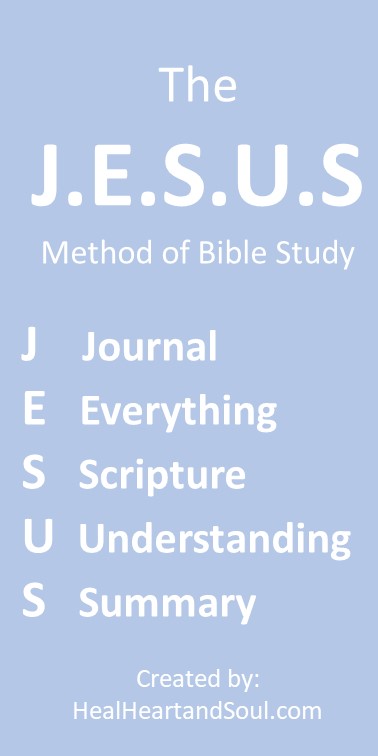
Divine Rescue: Trusting God in Trials
Divine Rescue: Trusting God in Trials
In the tapestry of life, trials and tribulations are the threads that often seem to weave the most intricate and challenging patterns. They test our faith, stretch our endurance, and reveal the strength of our character. Yet, even in the midst of life’s most daunting trials, we find hope and encouragement in the reassuring words of 2 Peter 2:9.
“The Lord knows how to rescue the godly from trials.”
Life Lessons from 2 Peter 2:9:
- Divine Awareness: The first lesson we can draw from this verse is that God is acutely aware of our struggles. He knows the godly ones who are earnestly seeking to follow Him. In the midst of your trials, remember that God sees your pain, your tears, and your heart’s cries. You are not alone in your suffering. You are not forgotten. Your heavenly Father knows your every struggle, and He is attuned to your needs.
- Divine Timing: God’s rescue often comes at the perfect moment. It may not align with our timetable, but His timing is always impeccable. When we trust in God’s sovereignty and His wisdom, we can find peace in knowing that He will rescue us when the time is right. Sometimes, He allows us to endure trials for our growth, but He never leaves us to bear the weight of our burdens alone. His rescue is like a ray of light breaking through the darkest of storms.
- Divine Purpose: God’s rescue is not only about delivering us from trials but also about shaping us into the people He designed us to be. Trials can refine our faith, strengthen our character, and deepen our dependence on God. As we navigate life’s challenges, let us remember that God is not just interested in our comfort but in our transformation. He rescues us not only from external trials but also from the bondage of sin, setting us free to live a life that glorifies Him.
In moments of trial, let us hold fast to the promise of 2 Peter 2:9, and embrace these life lessons:
- Trust in God’s awareness of your situation, even when it feels like no one else understands.
- Surrender to God’s timing, believing that He will rescue you at the perfect moment.
- Embrace the purpose behind your trials, allowing them to shape you into the person God intends you to be.
Remember, in every trial, there is an opportunity for God to reveal His power, grace, and love in your life. Your story is a testament to His faithfulness, and your rescue is a testament to His mercy. Trust in the Lord’s ability to rescue you from trials, and you will find strength, hope, and unwavering faith along your journey.











